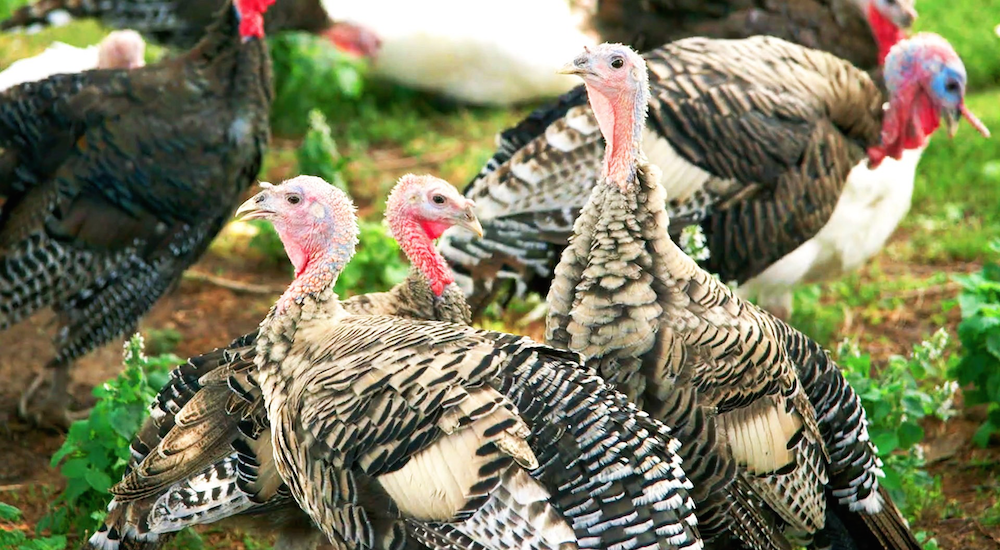Tackling controversial issues in a documentary is a tough challenge. People walk in with preconceived notions and, generally, walk in agreeing with what they think the film will argue for. Who else would pay the admission price?
Eating Animals, based on the bestselling book by Jonathan Safran Foer, does an impressive job at making a reasonable and logical argument against factory farming and avoids veering too far into vegan advocacy. While it doesn’t bother to find much empathy with the other side, it also avoids shaming the vast number of people ignorant to where their food comes from.
Narrated by co-producer Natalie Portman, the film is an eye-opening look at the environmental, economic and public health consequences of factory farming. I doubt most Americans believe their steaks and boneless, skinless chicken breasts still come from idyllic farms with rolling hills. But the actual, visceral reality of factory farming can be incredibly jarring. Gone are the chickens roaming picturesque settings, replaced with giant warehouses filled with chickens, too genetically-modified to stand under their own weight, stuffed with antibiotics to stave off the diseases they can no longer build immunity against.
Eating Animals doesn’t shy away from these cruel practices, but it doesn’t lump in eating meat with this cruelty. Most of the people they interview advocate for returning to more humane, local and sustainable methods of farming. These farmers pride themselves on caring for their animals, but they don’t hesitate to send them off to the slaughterhouse when the time comes.
The documentary spares its audience from an onslaught of animal cruelty, only devoting a small portion of the film to horrors endured in some slaughterhouses and farms. Instead, it focuses on the advocates, the whistleblowers and the entrepreneurs. It looks at solutions instead of beating you over the head with animal cruelty. Vegans have a reputation for being insufferably outspoken about their chosen diet, and Eating Animals smartly stays away from ever getting too preachy.
More than anything else, Eating Animals forces you to think about where the food on your plate comes from. It forces you to reconnect the living, breathing pig with the bacon you add to your burger (which came from a living, breathing cow.) And hey, if it convinces you to spring for the more expensive yet responsibly-raised beef the next time you’re at the grocery store or farmer’s market, then it’s doing exactly what it set out to do.

